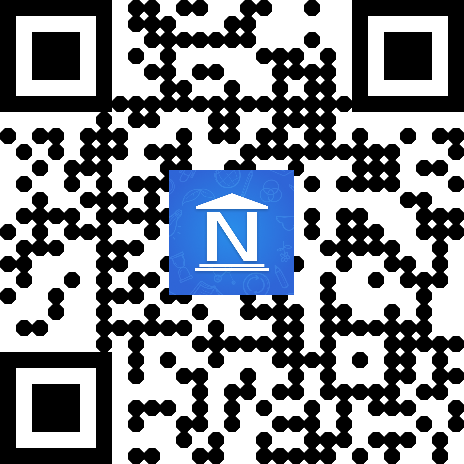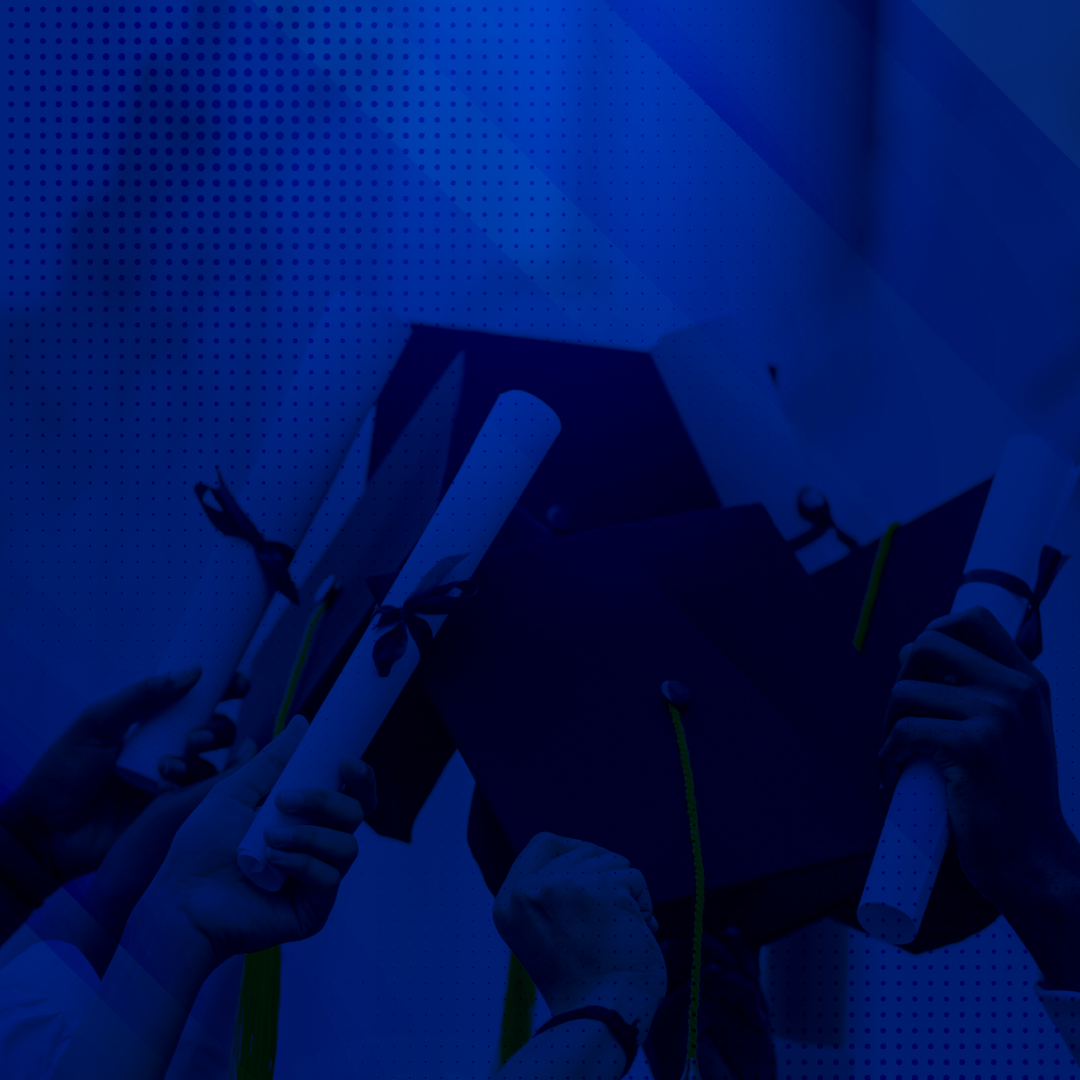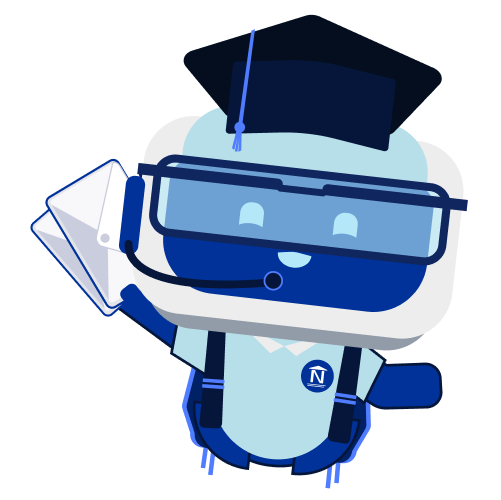**You’ll use cutting-edge sport and exercise science to succeed in the industry whether that’s maximising the performance of athletes or improving the health and wellbeing of the community.**In the first year of your degree you will cover the fundamental principles of sport and exercise science including physiology, research, coaching and biomechanics, providing you with a broad foundation of understanding to further develop and build upon in years 2 and 3.In year 2 you will have the option to complete this degree in one of two ways, you can either remain on the broad-based sport and exercise science course, or you can choose our optional pathway which will allow you to focus on the specialist area of strength and conditioning.Whichever route you take through your sport and exercise science degree, upon completion, you will be ideally placed for graduate employment or postgraduate study.Working in sport, and within a healthcare context, you'll use our first-class facilities for analysing sporting performance – and you'll develop a critical understanding of key areas in sport and exercise science, such as physiology, psychology, and biomechanics.We’ve invested over half a million pounds on updating and building new sport and exercise laboratories, to provide state-of-the-art facilities for your learning.The BSc (Hons) Sport and Exercise Science course is endorsed by the British Association of Sport and Exercise (BASES), this does not currently include the new strength and conditioning pathway.On successful completion of study, we will issue the following award: BSc (Hons) Sport and Exercise Science. Should you successfully complete your study via our Strength and Conditioning pathway, then we will issue the following award: BSc (Hons) Sport and Exercise Science (Strength and Conditioning).**Course content** Throughout this course, your practical skills will be developed by working in both laboratory and field settings, and by using our first-class facilities to plan, design and carry out analysis and interpretation of human performance.There will also be the opportunity to work in our student-led clinic, under the supervision of BASES-accredited staff. You will develop your interpersonal skills through working with real athletes and with individuals in a health care context or community setting – all so that you can communicate eloquently, both verbally and in writing.Year 1 will begin by developing your research skills in sport and exercise. We’ll introduce physiology biomechanics and nutrition, the psychology of sport and exercise, and look at coaching and teaching in sport.Year 2 topics include research and graduate employability in sport and exercise, advanced sport and exercise psychology, physiological assessment and intervention, as well as biomechanics and kinesiology. Students on our optional strength and conditioning pathway will also cover principles of strength and conditioning and performance lifestyle.In addition to focusing on personal and professional development in sport and exercise (which allows you to do an independent project), Year 3 of our broad based degree provides a choice of core and sports option modules to help tailor your expertise,. Those students who have chosen to focus their interest on strength and conditioning will study specialised modules in this area.
Sport and Exercise Science BSc (Hons)
About Program
Syarat Pendaftaran
- English Language Proficiency
- IELTS : 6 (with 5.5 in each component)
- Academic Score/Qualifications
- High School
- IB Diploma : 28
Documents
Jenjang Pendidikan
Certificate / Foundation
Jurusan
Sport Sciences
Masa Studi
Full Time (3 Years)
Biaya Pendidikan
GBP 16,750/tahun
| Intake | Batas pendaftaran |
|---|---|
| Sep | - |
Profil
Staffordshire University is rated among the UK’s top 10 universities for job prospects (StudentCrowd University Awards 2022) and the top 15 for student satisfaction (Complete University Guide 2022), as well as being a well-regarded research institution, with 87 per cent of its research rated as ‘outstanding’ or ‘very considerable’ in the most recent Research Excellence Framework (REF2021).
The university invests heavily in state-of-the art facilities such as the GBP 40 million Catalyst facility, which opened its doors in 2022, boasting over 8,000 square metres of multifunctional, innovative and social learning spaces, dynamic events spaces, modern facilities and new amenities. Staffordshire also opened the new Centre for Health Innovation in 2022 at its Stafford campus. It is home to cutting edge simulation and immersive healthcare learning facilities. Students can trust that their university is committed to providing the best possible student experience and prioritising educational quality.
The university has been ranked within the top 15 in the UK for course content by the StudentCrowd University Awards 2022, in recognition of its superb curriculum and excellent standards of teaching. The faculty are experts in their fields, and work closely with industry leaders to ensure that students are learning things that will benefit them when they move into the world of work.
Staffordshire’s campuses are safe, friendly, and home to a diverse and welcoming body of domestic and international students from over 75 countries worldwide. When they aren’t exploring the exciting UK cities of London, Stafford or Stoke-on-Trent, students will have a variety of ways to get involved in the University community through more than 80 different clubs, societies, and activities.
With campuses in Stoke-on-Trent, Stafford and London, Staffordshire University provides students with the perfect base from which to explore some of the most famous cities in the UK and Europe.
Keunggulan
- We’re a great choice for international students and your success is important to us. At Staffordshire University you’ll gain much more than a qualification.
- You’ll receive a friendly welcome and support from our dedicated team in International Student Support.
- Our modern facilities and digital focus will support your learning. With industry leading research and experienced lecturers – you'll gain knowledge that will give you the edge in the workplace.
- Staffordshire University is a safe environment with everything you’ll need close at hand. It’s also a perfect base for exploring the rest of the UK.
- We can offer you: Excellent modern facilities and digital focus, s thriving and diverse student population representing over 75 countries, English language support from our own team on campus and lower cost of living than many parts of the UK.












